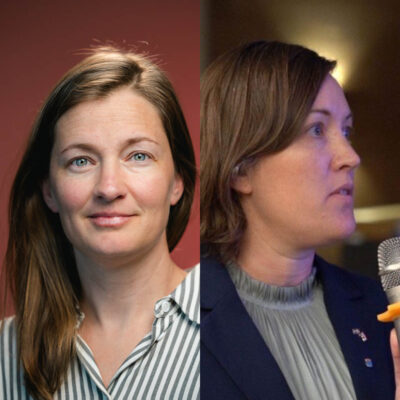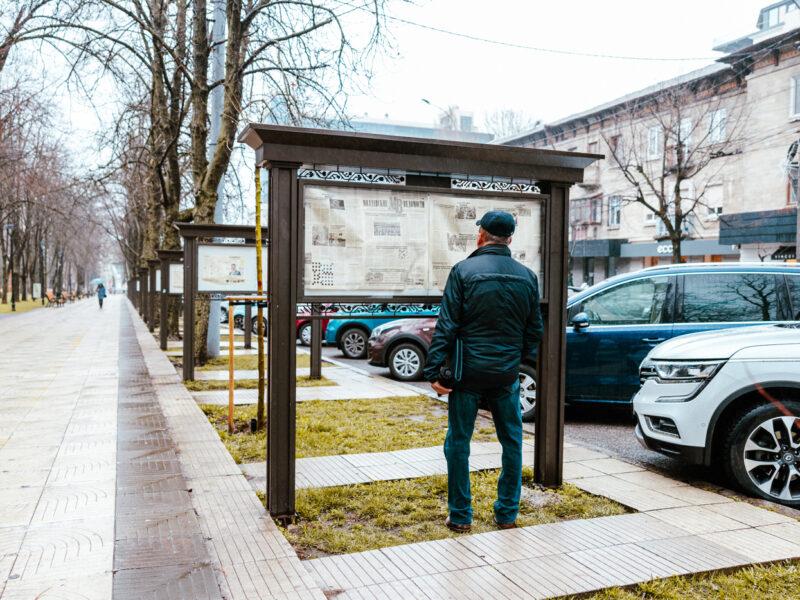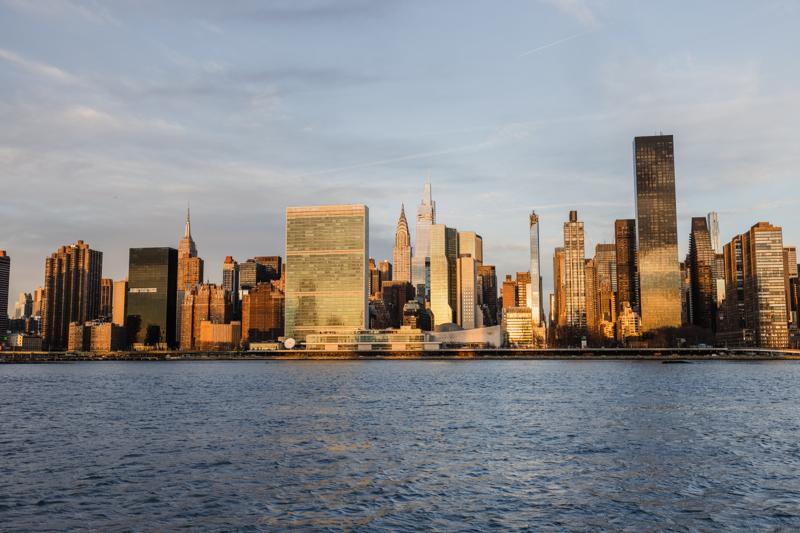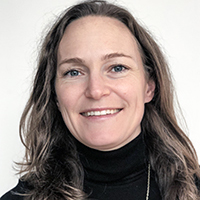More of Rule of Law than the Rule of Lawyers
This year the FBA are engaged in two fairly large projects on UN rule of law work after war and crisis. One is a research project where we “map” what kind of rule of law the organisation actually supports in peace operations. A first report was released in 2012 and a follow-up report will be published later this year. The second project is a progress review of the newly established UN Global Focal Point for Police, Justice and Corrections. This project is done in cooperation with Clingendael and Stimson Center.
What both of these projects reveal is an assumption that legal professionals are key in order to establish rule of law after conflict. In 1962, with decolonisation as a backdrop, Justice William O Douglas wrote that ideas of liberty and freedom taking root in the newly independent nations required dedicated and disciplined people: “it requires lawyers”. This is an idea that has been with us ever since and for rule of law work in Somalia, Afghanistan, Burma and Palestine we hire lawyers, judges and police officers to work with their professional counterparts in war-torn societies.
That the connection between rule of law legal professionals is rarely questioned is problematic. The fact is that we do not know that this is the required formula. However, when the rule of law business is criticised for not performing well enough, the solution is often more and better legal professionals. This is an introvert analysis. If Henry Ford had asked people what they wanted, the answer would have been “a faster horse”. For the same reason it is not a given that rule of law needs more law, lawyers, judges, and “legal” solutions.
Another problem with focusing too much on legal professionals is described by Bruce MacEwen in Growth is Dead, writing that “lawyers are inclined to assume they can do anyone else’s job but no one else could possibly do what they do.” Perhaps we should be more inspired by one of Groucho Marx’s famous one-liners, saying: “I don’t want to be member of any club that would have me”, and dare to go outside our “legal” club.
Yet, when we examine rule of law work in practice it is by and large the practice of a small group of professionals in a small sector of society. This means that administrators, bureaucrats, politicians and public officials in other areas of the state machinery, as well as ordinary people, are largely ignored when we discuss what the rule of law is, how we can support it in post-conflict societies, and make it resilient against threats.
As a contrast, we know by now that law is not technical and therefore somehow apolitical. Law is embedded in society, culture, norms and notions of identity. Rule of law is constantly influencing and being influenced by areas that are not always on the radar of lawyers or legal scholars.
In the end, rule of law assistance is about ideas, attitudes, and human behaviour, and here other fields experts in regulatory theory, anthropology, sociology, history and behavioural science, to name but a few, can play an important part in deciphering the rule of law and to identify ways in which it might be supported in post-war transitions and elsewhere.
av Richard Sannerholm








